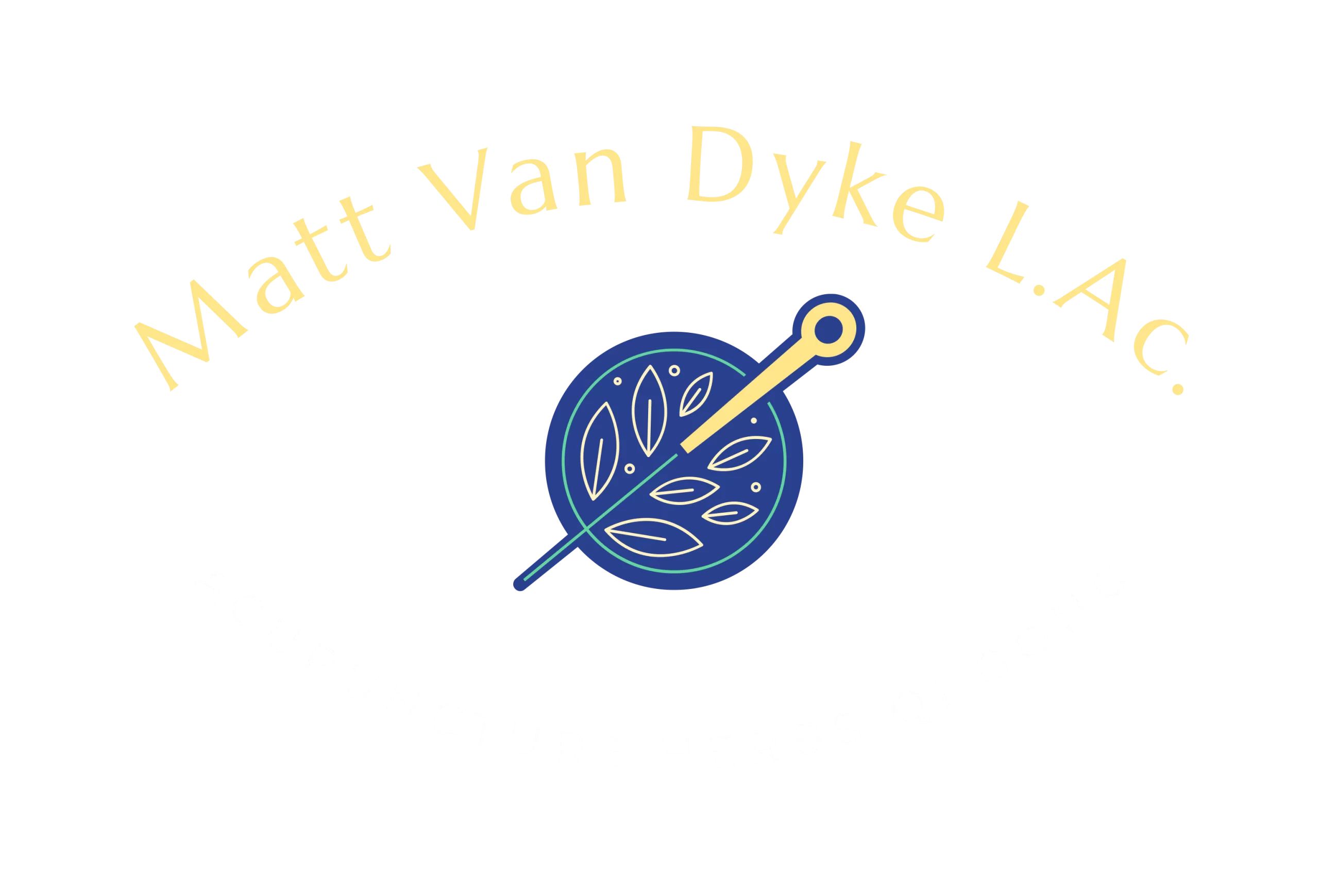Fatigue is defined as extreme tiredness, usually resulting from physical or mental exertion or illness. For most people, their bodies are programmed to be tired at night and alert during the day. However, work, family and other responsibilities frequently require that we ignore these innate programs and interrupt our natural sleep patterns. Statistics show that nearly 43 percent of all people in the workforce report being fatigued on a daily basis. This can ultimately lead to illness, accidents and even death. Fatigue is no joke and needs to be addressed.

Conventional medicine treats chronic fatigue with prescription medications, and while this may work for some, for many others it becomes an addiction. Traditional Chinese Medicine (TCM) offers a better alternative. TCM is a medical system that has been around for nearly 3,000 years. It utilizes multiple modalities to treat fatigue, including acupuncture, moxibustion, herbal formulas and nutrition. To determine the right treatment, a diagnosis must be made first.
TCM diagnosing is quite different from conventional medicine. Eastern Medicine considers the whole person when diagnosing and treating. TCM looks at the patient holistically, considering all aspects, including the mind, the body and the environment of the person. Diagnosis of a person includes inspection and observance of the expressions, colors, appearance, smells and any idiosyncrasies that may be present.
TCM also looks at the patient’s tongue and pulses on both wrists. These two practices are the primary diagnostic tools used in TCM. The tongue and pulses can reveal quite a bit of information about what is going on internally. Different areas of the tongue correspond to body systems and energetic pathways. For example, the tip of the tongue can show irregularities related to the heart and the mind. The rear of the tongue can show irregularities related to the urinary bladder and kidneys and is associated with the emotion of fear. The pulse is also broken down into six locations, three on each side, all of which correspond to a body system and the related energetic pathway.
With fatigue and TCM, there are multiple possible diagnoses, including energy deficiency, blood deficiency, phlegm / dampness accumulation, liver energy stagnation, etc. Each one of these patterns has their own unique symptoms, but they all have one thing in common: feelings of fatigue. While there is not enough time to discuss all of the aforementioned patterns, some of the symptoms can include poor digestion, dizziness, shortness of breath, vision issues, mood swings, irritability, depression, chronic coughing, sinus conditions, poor concentration and mental fogginess.
The modalities mentioned before, such as acupuncture, can help bring balance back into the body, thus correcting the symptoms and alleviating fatigue, over time. Moxibustion can warm the energetic pathways and help remove excessive phlegm accumulation in the body. Herbal formulas can treat any host of symptoms, as can proper nutrition, all of which will most likely be used by the seasoned TCM professional.
If you or somebody you know is suffering from fatigue, contact a licensed acupuncturist in your area. They can walk you through the diagnosis and treatment process and help you get back on the road to recovery.



